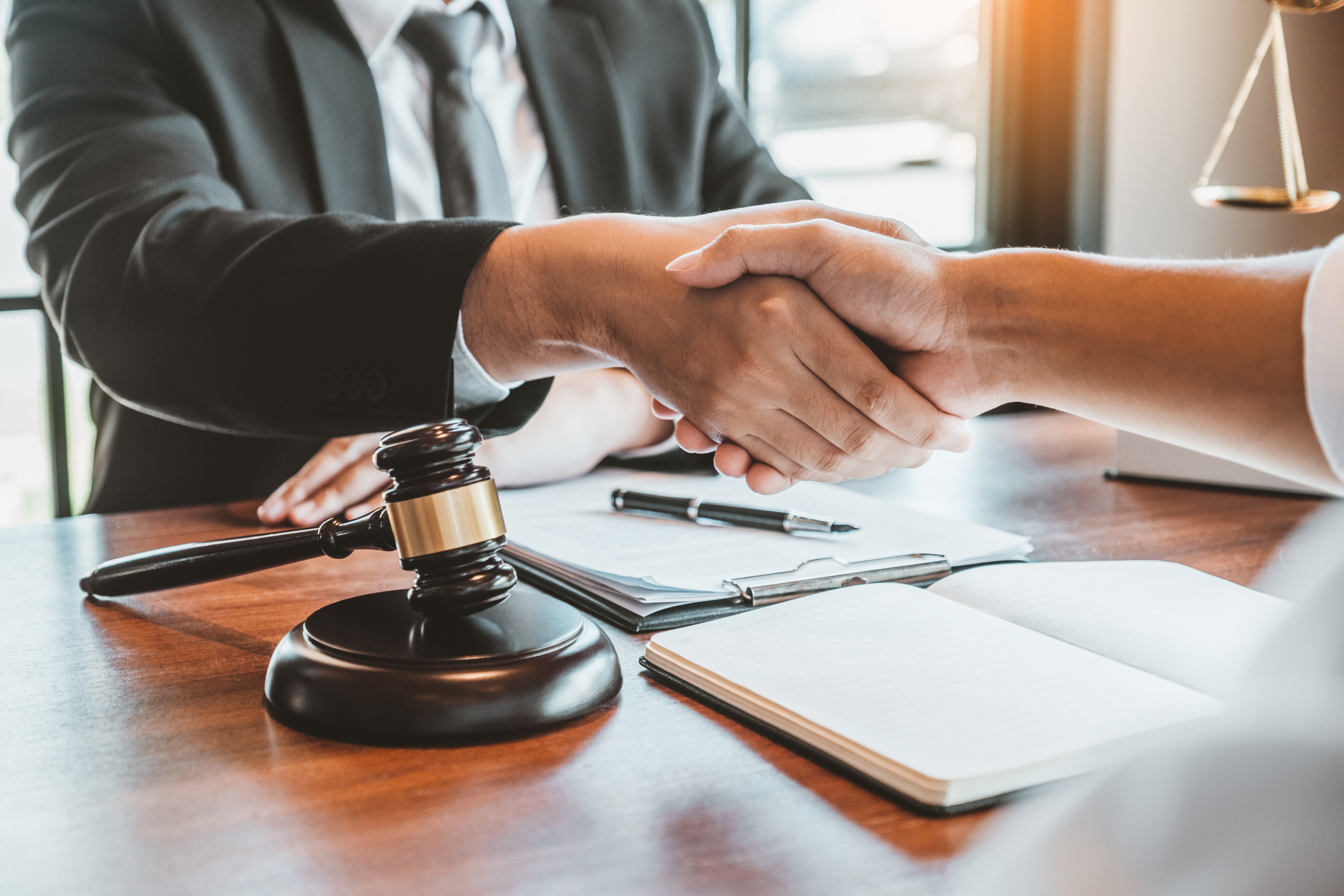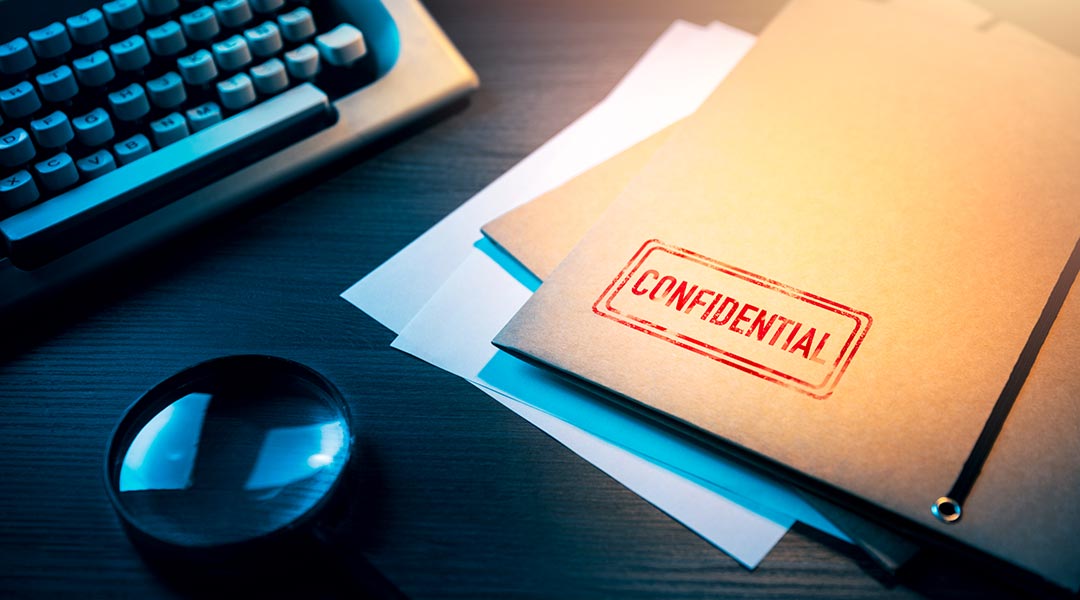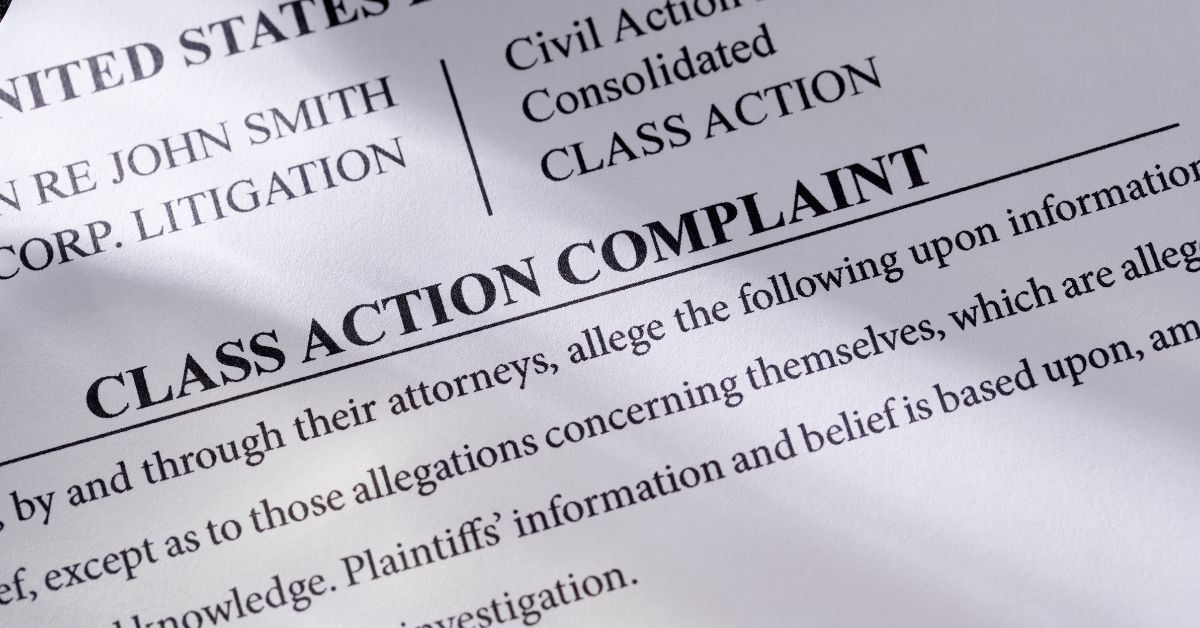What to Do in the First 24 Hours After a Car Accident
A car accident can turn your life upside down in seconds. The chaos — sirens blaring, flashing lights, crumpled metal — can leave you disoriented and overwhelmed. Yet, the choices you make in the first 24 hours after a crash are critical to protecting your health, finances, and legal rights.
At Burnett & Williams, our attorneys Kimberly Raab and C. James Williams III have helped hundreds of Virginians navigate this high-stress period. This guide outlines exactly what to do — and what to avoid — during those vital first 24 hours.

Why the First 24 Hours Are So Important
Immediately following a crash, adrenaline and shock can mask serious injuries. Key evidence can vanish, and insurance companies may rush in, hoping you’ll say something that weakens your claim.
Your actions in these first hours can:
· Preserve critical evidence
· Establish the link between the crash and your injuries
· Strengthen your legal claim
· Protect you from insurance pitfalls
Delaying even a few simple steps can jeopardize your compensation — or leave you stuck with unpaid bills and no legal recourse.
Step-by-Step Guide: What to Do Right After the Crash
Here’s what we recommend, based on decades of experience supporting car accident victims across Virginia:
Check for Injuries and Call 911
Your top priority is safety. Check yourself and others for injuries. Even if injuries seem minor, call 911.
In Virginia, the law requires you to report any accident involving injury, death, or significant property damage (Code of Virginia §46.2-894). Even when everyone appears okay, having an official police report is crucial.
Gather Evidence and Information
Once everyone is safe and you’ve contacted authorities, collect as much information as possible. If physically able:
· Take photos of all vehicles, license plates, damage, road conditions, skid marks, and traffic signs
· Photograph any visible injuries
· Exchange contact and insurance info with the other driver
· Collect names and contact details of any eyewitnesses
This documentation is essential for proving fault and supporting your insurance or legal claim.
Get Medical Attention
Don’t wait. Even if you feel “fine,” see a doctor. Injuries like whiplash, internal bleeding, or brain trauma might not show symptoms right away.
Delaying treatment can not only harm your health but weaken your case — insurers may argue your injuries weren’t caused by the accident.
Notify Your Insurance Company — Carefully
Virginia law requires you to inform your insurer promptly. But stick to the facts:
· Date, time, and location of the crash
· Basic facts of what happened
· Names of those involved
Avoid admitting fault or giving a recorded statement without legal guidance.
Contact a Personal Injury Attorney
This is one of the smartest steps you can take. A skilled attorney can:
· Preserve evidence you might miss
· Manage all communication with insurance companies
· Ensure you receive appropriate medical care
· Maximize the compensation you deserve
At Burnett & Williams, attorneys Kimberly Raab and C. James Williams III are ready to help from day one.
Common Mistakes to Avoid
In our experience, these missteps can cost you:
❌ Leaving the scene without notifying police
❌ Apologizing or admitting fault — even casually
❌ Posting about the accident on social media
❌ Signing anything from the other driver or insurer
❌ Delaying medical attention
Even small errors in the first 24 hours can have long-term consequences.
Real Case Example: Lisa’s Story
Lisa was rear-ended on I-95 in Richmond. Though she felt fine, she followed her instincts and:
· Called 911
· Photographed the scene
· Sought immediate medical care
· Contacted Burnett & Williams the same evening
Our attorneys quickly began gathering evidence and documenting her injuries — which turned out to include a neck injury requiring extensive therapy. Thanks to her swift action and our legal support, Lisa secured a settlement covering her medical expenses, lost wages, and more.
How Virginia Law Impacts Your Case
Virginia follows strict contributory negligence laws. If you are found even 1% at fault, you may be barred from recovering any compensation. That’s why preserving evidence and avoiding misstatements is crucial.
Also, Virginia’s statute of limitations gives you two years to file a personal injury lawsuit (Code of Virginia §8.01-243). But the sooner you act, the stronger your case.
Why Burnett & Williams?
With over 30 years of experience, Burnett & Williams has helped thousands of Virginians recover after serious accidents. When you work with us, you get:
· Proven expertise in Virginia personal injury law
· Direct access to your attorney
· Personalized care and aggressive representation

Attorneys Kimberly Raab and C. James Williams III have recovered millions for clients across the state.
Final Thoughts
The first 24 hours after a car accident are some of the most important hours of your life. By taking the right steps — and having the right legal team by your side — you can protect your health, your finances, and your future.
Don’t go through this alone. Call 804-794-0080 today to get the support you deserve from Burnett & Williams. Local offices available in Richmond, Hopewell, and Chesterfield.
FAQs About the First 24 Hours After a Crash
Should I move my car?
Yes, if it’s safe and the vehicles are blocking traffic. Otherwise, wait for police.
What if the other driver doesn’t have insurance?
You can still file a claim under your uninsured motorist coverage. We’ll help you through the process.
How soon should I call a lawyer?
Immediately. The earlier you reach out, the better we can protect your interests.





